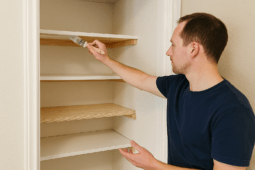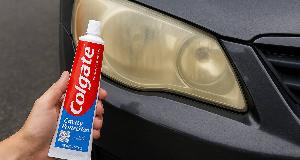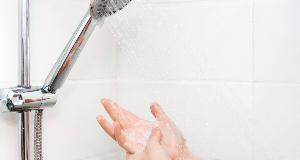How To Prevent Accidental Water Damage To Your Home While You’re On Vacation
Vacations are meant to be stress-free, but, as anyone who’s experienced it knows, water damage can quickly change that. A single leak or burst pipe while you’re away can lead to costly repairs and a major headache when you return, not to mention the mere possibility can lead to a trip spent anxiously worrying about whether or not your home is flooding in your absence. Thankfully, preventing water damage isn’t too complicated, but it does require a little planning. Here’s what to focus on to keep your home safe and dry.
Inspect for Leaks in Advance
Start by checking areas in your home where leaks are most likely to develop, like under sinks, around toilets, behind your washing machine, and near your water heater. Even a small drip can worsen while you’re gone and turn into a larger issue. If you spot any signs of moisture, corrosion, or pooling water, deal with it right away. This isn’t something you want to see develop further while you’re gone.
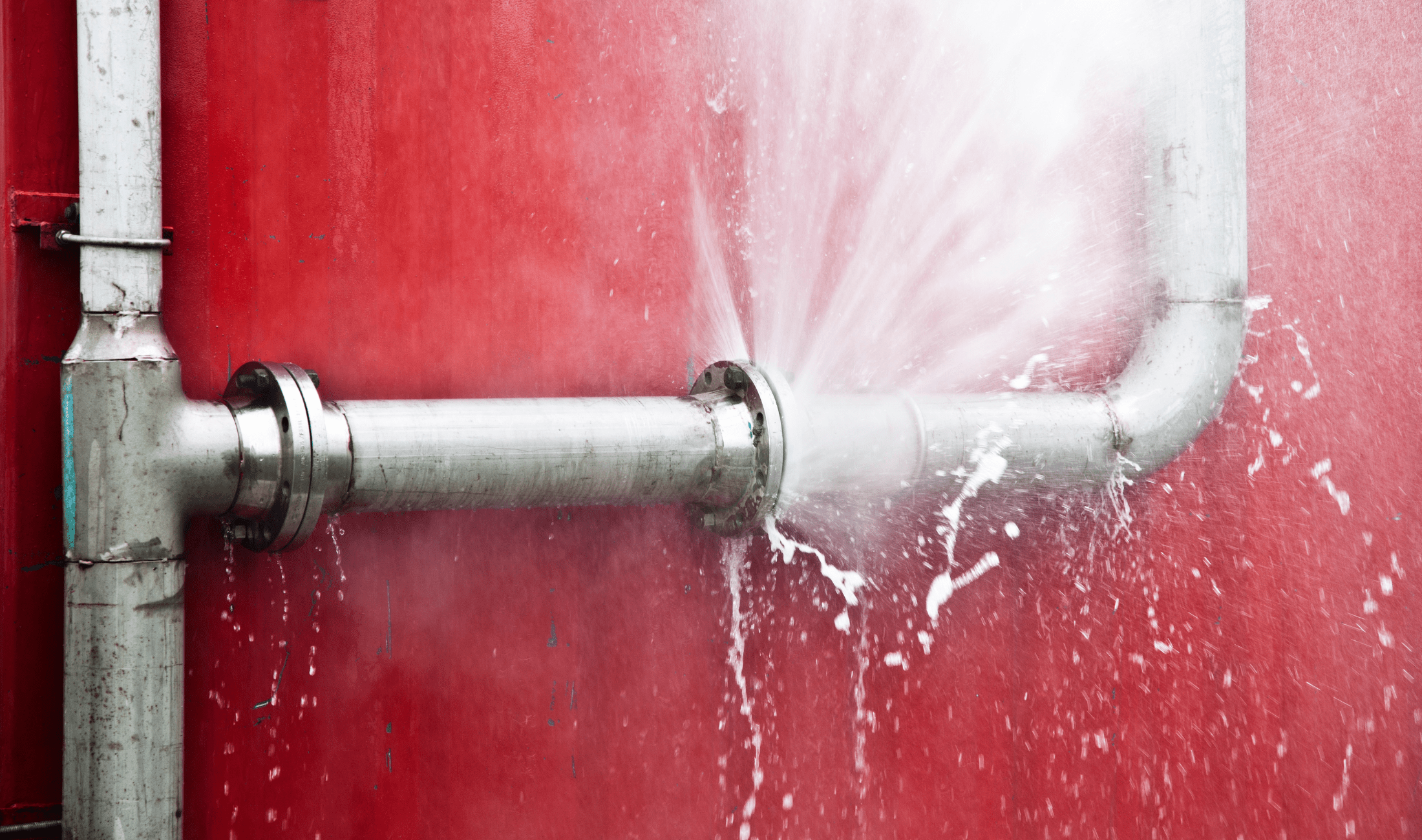
Turn Off the Main Water Supply
One of the most effective ways to stop water damage is to turn off your home’s main water valve before leaving. If a pipe bursts while the water is running, it can flood rooms in a matter of minutes. Shutting off the supply cuts the risk almost entirely. If you’re unsure where your main valve is, find it and label it clearly so you can access it easily when it’s time to go.
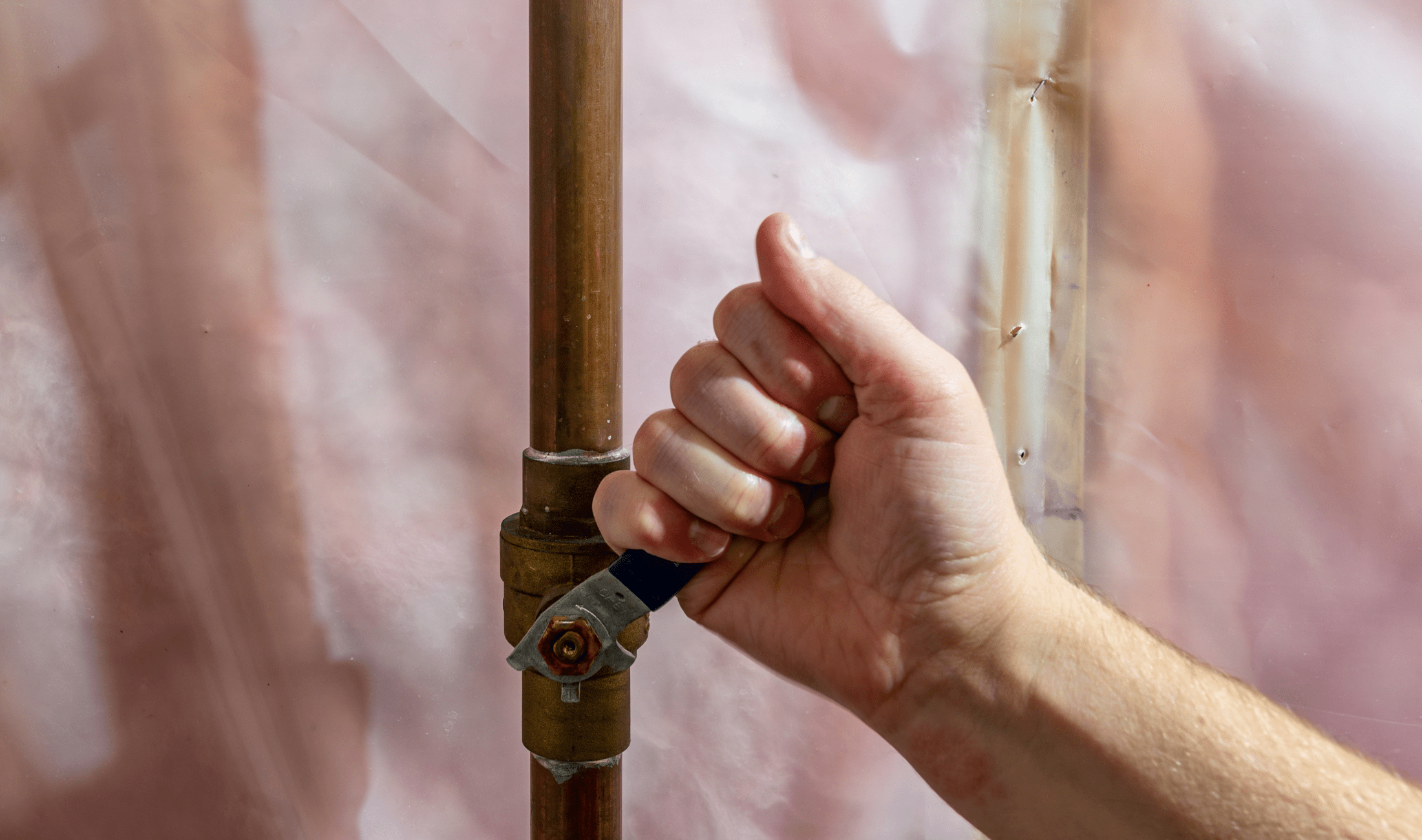
Drain Appliances That Use Water
Appliances like dishwashers, washing machines, and refrigerators with water lines can leak if left unused. After you turn off the water supply, drain these appliances to clear out any remaining water in their lines. For refrigerators with ice makers, shut off the water line and empty the ice bin. This reduces pressure inside the hose and lowers the chance of a leak forming while you’re away.
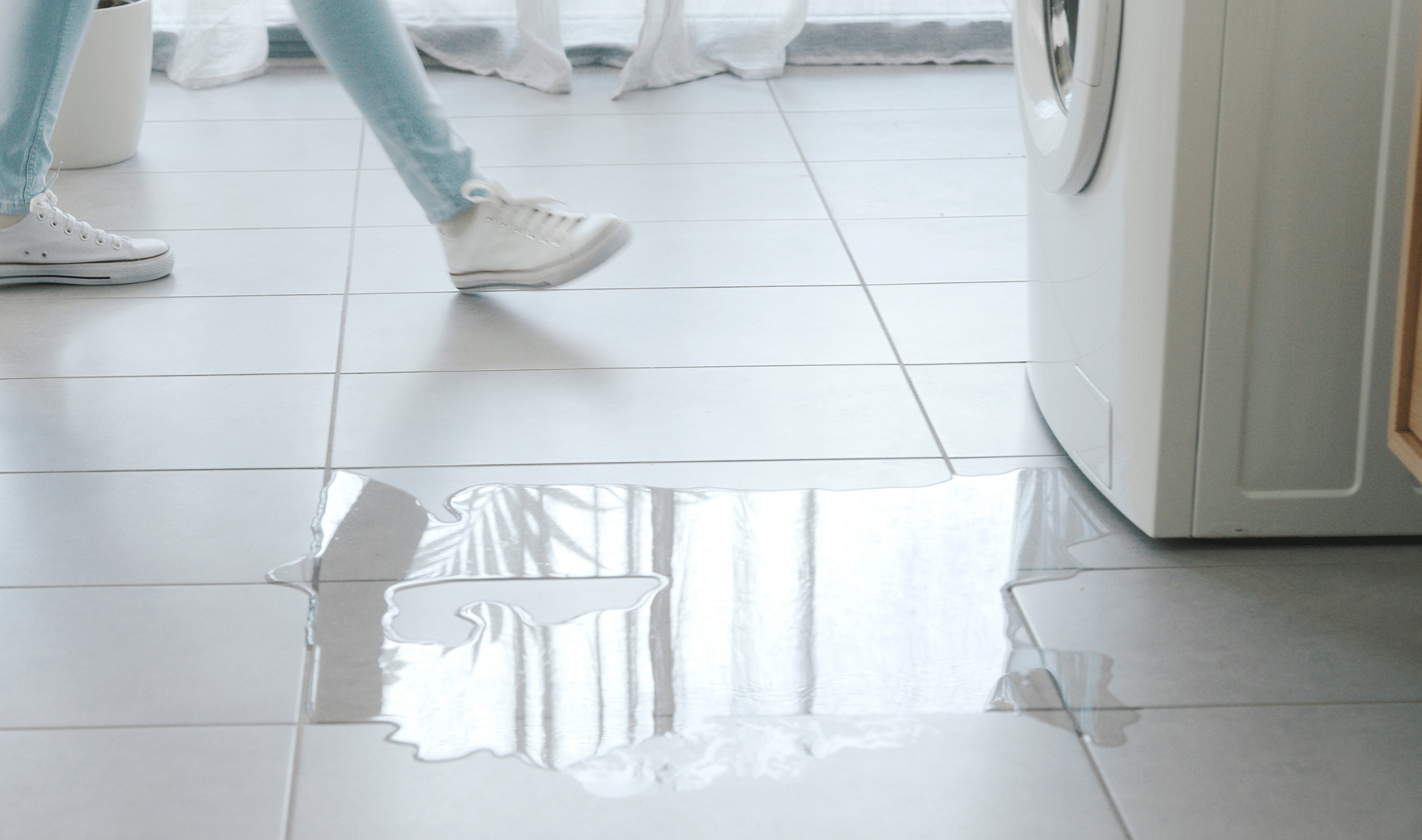
Keep Gutters and Downspouts Clear
Water damage doesn’t always start indoors. If your gutters or downspouts are clogged, water from rain can pool around your foundation or back up into the roof. Before you leave, remove any leaves, twigs, or buildup that might cause a blockage. Make sure downspouts are pointed away from the house and lead water several feet from the foundation. This is an especially good measure if you know it’s going to storm while you’re gone.
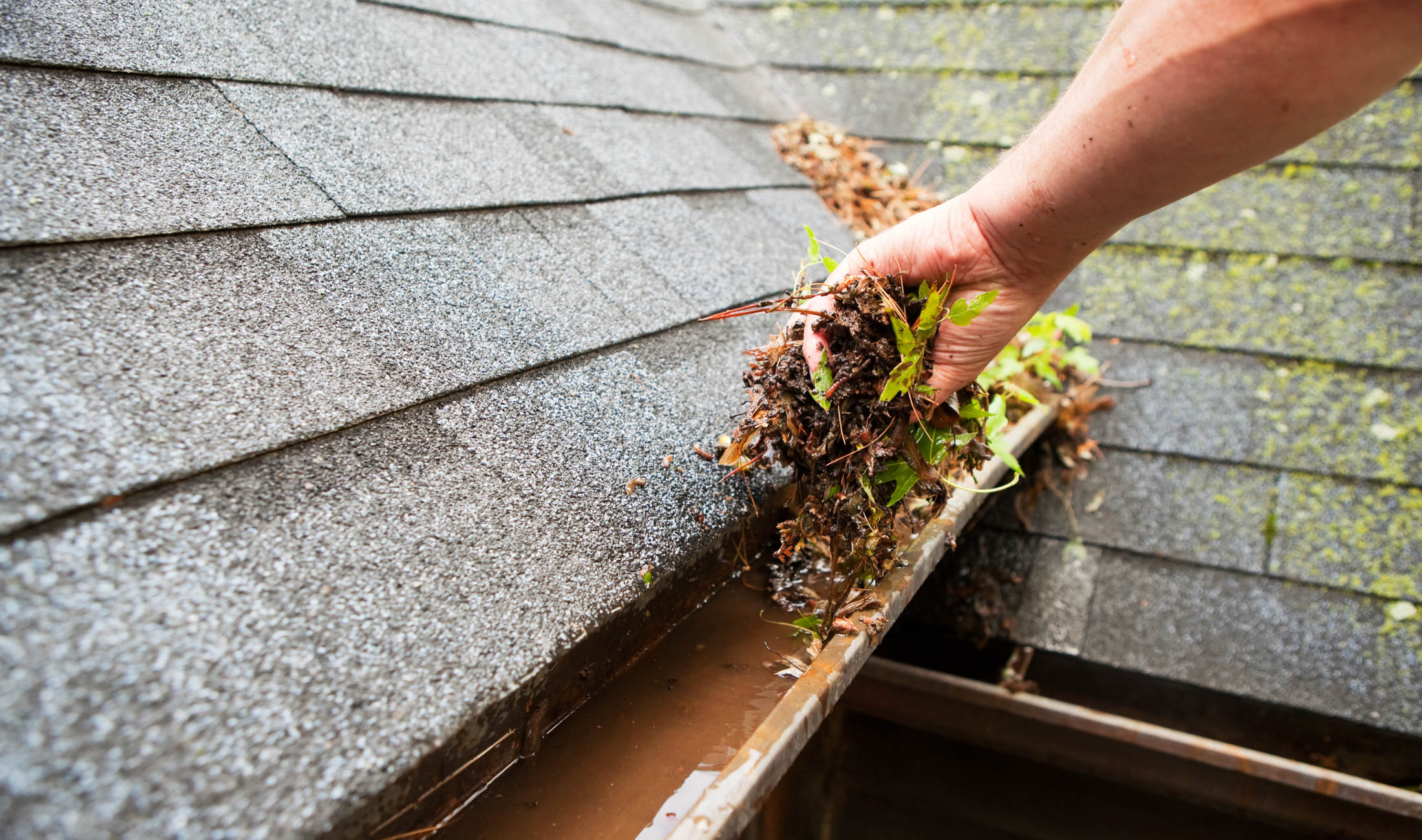
Test Your Sump Pump If You Have One
If your home has a sump pump, make sure it’s working correctly before you leave. Pour a small amount of water into the sump pit and see if the pump kicks on automatically. If it doesn’t, or if it drains slowly, you may need a repair or replacement. A failed sump pump during heavy rain can lead to a flooded basement, which brings about a whole new (and expensive) mess of problems.
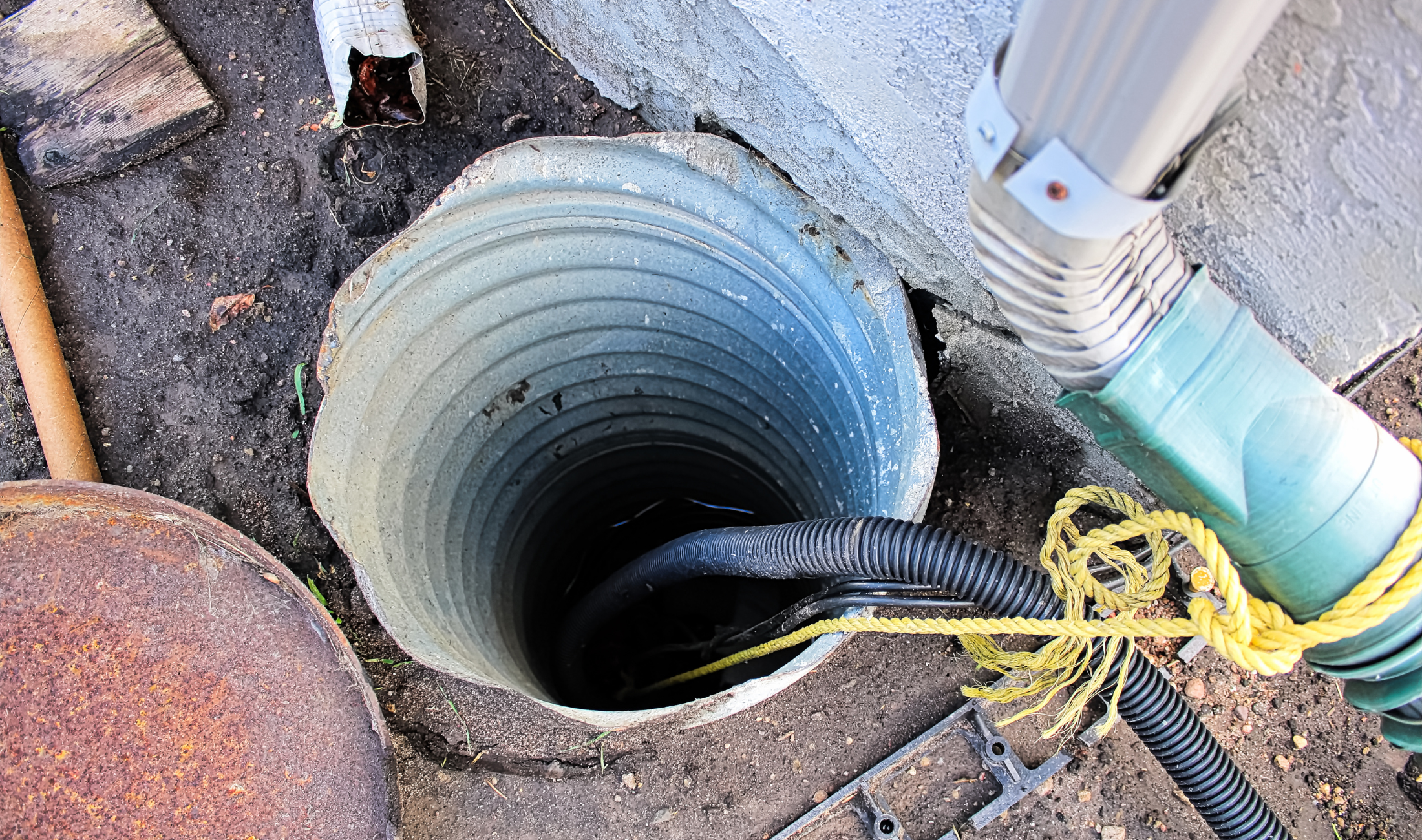
Set the Thermostat and Insulate Pipes
For those who travel during the colder months, pipes in unheated areas like basements or garages can be at risk of freezing. Keep your thermostat at a steady temperature, ideally no lower than 15°C (60°F). If you want some extra protection, wrap exposed pipes with insulation sleeves. They can help reduce the chances of cracks or bursts caused by cold water expansion inside the pipes.
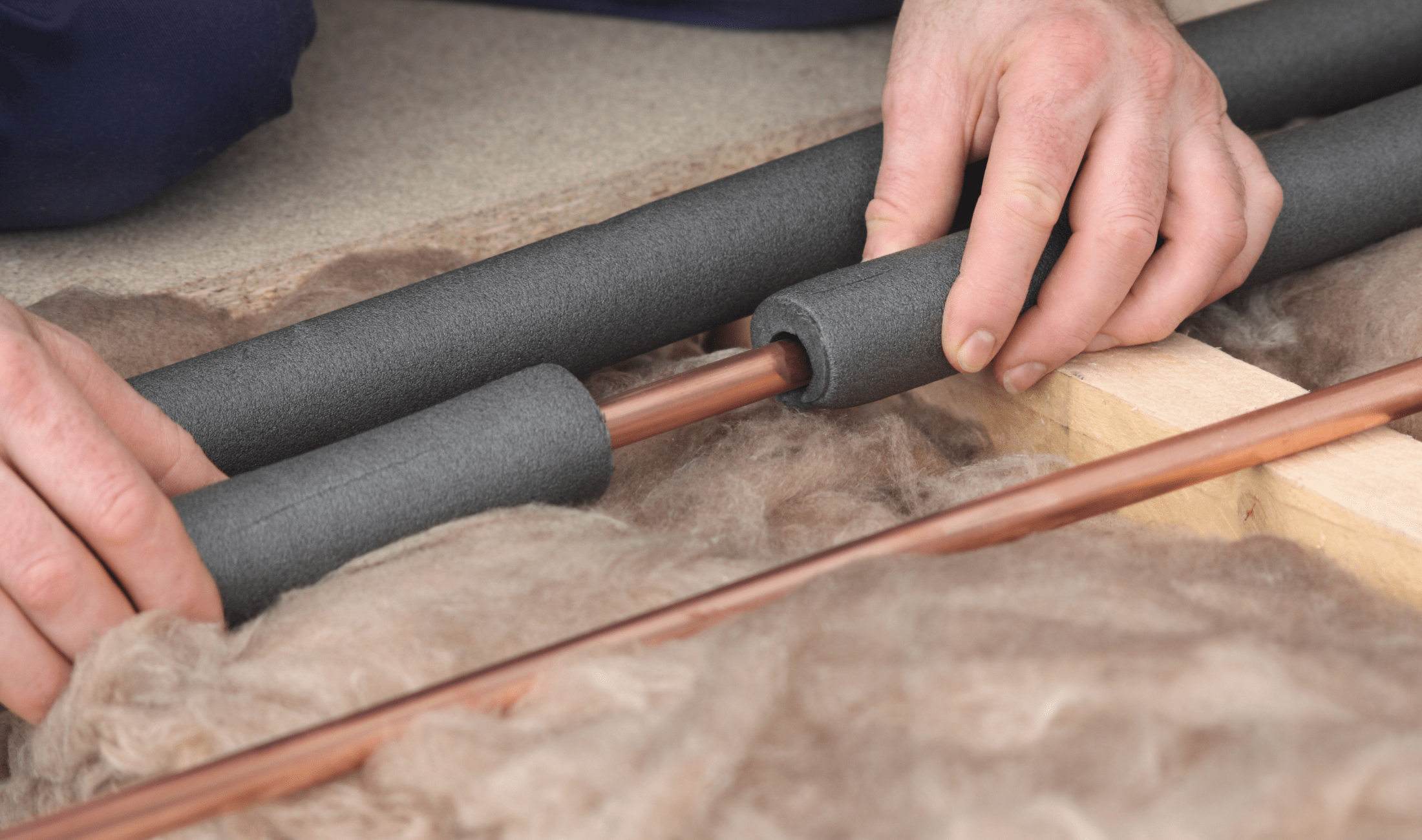
Have Someone Check In
Ask a trusted friend, neighbor, or house sitter to check in while you’re away. Even if it’s just once or twice a week, a walk-through can help catch any potential problems much sooner. Show them where the main shut-off valve is and how to contact you. If something goes wrong, a quick response can make all the difference between a minor mess and a major disaster.
Related Articles
- 10 Tips For How To Keep Pipes From Freezing
- Why You Should Be Putting Cinnamon In Your Mop Water—Maybe
- 6 Plumbing Problems You Can Fix By Yourself
When preparing for a vacation, peace of mind is just as important as your suitcase. Taking a few simple precautions before you leave can protect your home from one of the most disruptive and costly problems there is: water damage. Think of it as travel prep for your house. With everything in order and the right safeguards in place, you can step out the door and fully enjoy your time away, knowing that your home is protected until you return.




